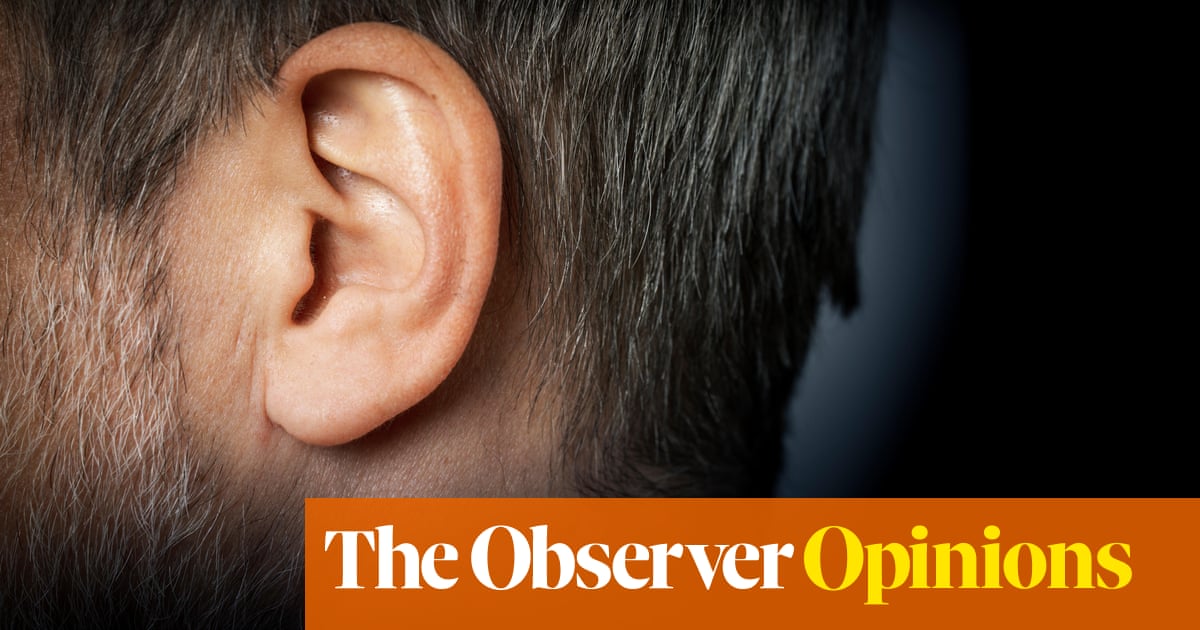If you want to persuade someone, start by listening to them. We’ve all heard that, and it sounds right. But it’s not true, concludes interesting new American research.
The authors put together a big experiment, setting up Zoom calls between experienced canvassers and members of the public recruited via Facebook ads. The experiment was to test the impact of the canvassers (who presented as people who supported undocumented migrants being able to access tuition in state colleges) on the opinions of the punters (who were selected for being sceptical of such policies).
One group of canvassers was instructed to spend the conversation sharing a powerful narrative story about a deserving migrant. Another group was scripted to first listen to the other person’s point of view, before switching to the same persuasion tactic. And we’re talking good listening – eye contact was in, judgmental responses out. Afterwards, researchers asked the punters for their views on the policy and the discussion.
The listening got noticed, with people reporting that they liked their interlocutor more. But that didn’t translate into being more likely to be persuaded. Sharing the story increased support for the policy by around 10 percentage points, with or without the listening.
So persuading people is harder than just smiling and hearing them out – it’s making the case, not just being liked, that matters. But does this mean us politicians shouldn’t listen? Hell no. Even if being liked doesn’t make your argument more persuasive, it may make people more likely to hear it in the first place. Plus, and here’s a crazy idea: you might learn something. I’m off door knocking.
after newsletter promotion












